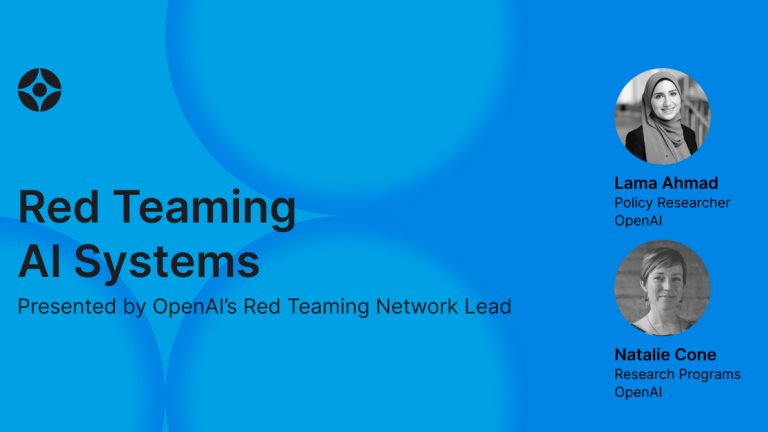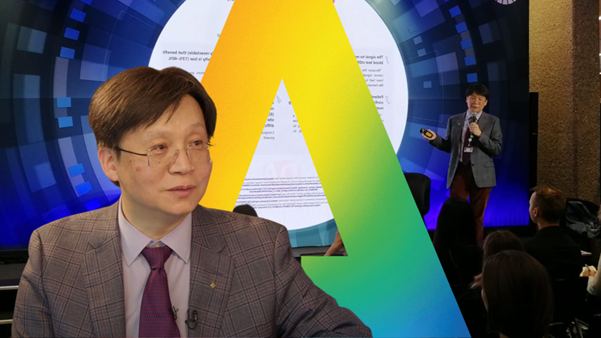Transforming Public Services with Game-Changing Open-Source Generative AI Solutions
Open-source Artificial Intelligence (AI) is a pivotal topic heating up public discourse, as governments worldwide eagerly seek to leverage AI for innovation in the public sector. In the recent AI for Good webinar titled “Open-Source Generative AI for Public Services,” influential figures delved into the essential role of open-source initiatives in advancing AI within the public sector. This notable event featured prominent speakers like Senator Alejandra Lagunes Soto Ruiz from Mexico, Daniel Brumund of GIZ, Jovan Kurbalija from DiploFoundation, and Ott Velsberg, Chief Data Officer at Estonia’s Ministry of Economic Affairs and Communications. Together, they examined the ITU initiative supported by the EU-funded Open Source Ecosystem Enablement (OSEE) project, aimed at promoting trustworthy, auditable, and equitable AI-driven public services.
AI Governance in the Mexican Context
Senator Lagunes showcased Mexico’s recent advancements in AI governance through the establishment of the National Intelligence Alliance (ANIA) in April 2023. ANIA represents a collaborative initiative, engaging government bodies, academic institutions, civil society, and NGOs to enhance Mexico’s AI landscape.
“These initiatives epitomize Mexico’s dedication to developing ethical AI that prioritizes social welfare and civil rights,” Senator Lagunes remarked.
Among the remarkable achievements aligned with ANIA’s focus on international collaboration are proposals for constitutional reform, partnerships with the UK Prosperity Fund to create the AI Regulatory Sandbox, and a policy paper with AI governance, policy, and regulation recommendations for presidential candidates to consider in the upcoming term from 2024 to 2030. ANIA’s mission transcends legislation; it actively promotes public awareness, tackling prevalent misconceptions surrounding AI.
Sustainable AI for the African Region
Daniel Brumund, an AI Advisor at GIZ, directed the discussion towards sustainable and inclusive AI solutions, with a particular focus on African nations. GIZ is at the forefront of advocating open-source AI initiatives to enhance public service accessibility.
Key regional themes include implementing responsible AI practices, mitigating biases, raising awareness, and investing in local AI ecosystems. His call for interconnected initiatives underscores the significance of impactful open-source deployment, with a focus on transparency, inclusivity, and responsible integration.
A Perspective from Estonia
Estonia’s commitment to open technology and investments in language technology aims to broaden access for all citizens.
Ott Velsberg introduced Estonia’s innovative AI governance approach, describing their virtual assistant “Bürokratt” as “Siri on steroids.” Its main objective? To seamlessly connect citizens with public services, enabling not just information retrieval but also convenient access to services like renewing driver’s licenses through an interoperable system.
Velsberg addressed the challenges faced in developing language technologies for smaller languages like Estonian.
Public Awareness and the Diplo Foundation’s Approach
Jovan Kurbalija emphasized the critical need for public awareness, detailing the Diplo Foundation’s efforts to demystify the complexities of AI for policymakers and diplomats. A focal point of the discussion was the knowledge pyramid, illustrating that data serves as the foundation, followed by information, knowledge, and wisdom, stressing the significance of knowledge protection over mere data protection.
The New York Times is currently challenging the implications of intellectual property within AI model development, igniting a broader debate on fair use.
The conversation navigated the evolving landscape of AI risks, addressing themes such as digital sovereignty, model traceability, and the essential role of responsible regulatory frameworks—a topic discussed at the World Economic Forum.
Additionally, the discussion highlighted AI-related risks: long-term concerns, the mid-term potential of knowledge monopolies, and short-term worries surrounding job security and misinformation.
In Closing: A Tapestry of Global AI Governance
During the Q&A segment, discussions centered around digital sovereignty, model traceability, and responsible regulatory frameworks. Senator Lagunes underscored the importance of technological development in the Global South, fostering innovation, and tackling threats to democracy.
This enlightening exploration into global AI governance paints a picture filled with challenges, solutions, and a commitment to ensuring AI positively impacts lives. Beyond mere technological advancements, it envisions a future where AI serves humanity, enhancing the quality of life for everyone.
AI GovernanceMachine Learning in 5GShare This PostCopy linkLink copied!FacebookTwitterLinkedInWhatsAppEmail






